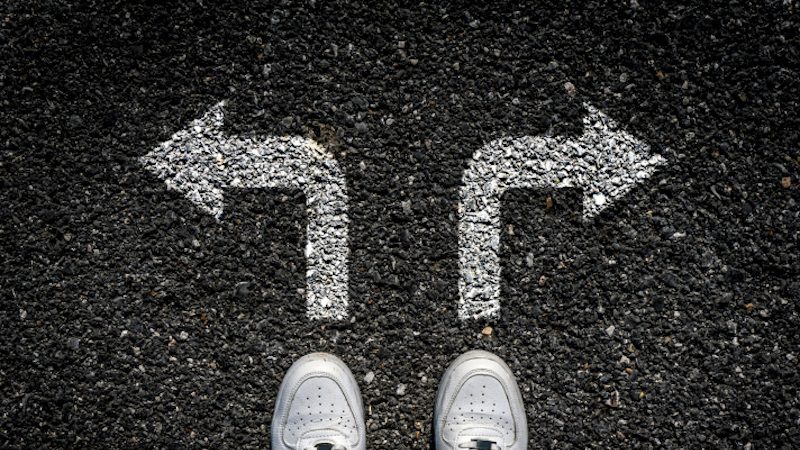“History is written by the victors” is an old trope commonly misattributed to Winston Churchill. While there have been plenty of exceptions to the rule, history is (temporarily) written by whoever controls the means to shape public opinion.
In the digital age, we are often left to our own devices to digest and interpret conflicting narratives amid an avalanche of information, adverts and opinions.
Are asylum seekers a threat to Europe’s identity and wellbeing or are they a solution to Europe’s economic and demographic woes? Is global warming caused by humans or is it a hoax? Should vaccines remain mandatory or are they useless? Did the Egrant inquiry vindicate Joseph Muscat and his government or is the jury still out?
Who should we believe? Who is right and who is wrong? Who is on the right side of history? Although it is rarely a matter of black and white, the key is power.
Those who wield power change the laws to their advantage. Those in power often manipulate the law to ensure that they remain in power. The powerful and the wealthy use ‘legal’ mechanisms to become richer. The rich and the powerful manipulate information to quell criticism.
Digesting information is made even harder when there is an increased risk of being exposed to information from questionable sources.
Being left to our own devices to interpret conflicting narratives is no easy task, especially when our attention span continues to shrink and information is controlled by the wealthy and the powerful.
In theory, democracy should benefit from the presence of more information sources but when governments and multinationals control information, public opinion is easily swayed in their favour.
The first step to dictate public opinion is securing domination of the most influential media, i.e. television and social media. In Malta, the Labour government has direct control over the national broadcaster and its own TV station. The other major TV station is owned and controlled by the Opposition Party.
Not content with owning and controlling the majority of major television stations, the Maltese government spent some €800,000 in television advertising between 2013 and 2018.
This figure is dwarfed by government’s expenditure on Facebook. Citizens’ Facebook news feeds are constantly bombarded with official ads and videos as government gives millions in taxpayers’ money to the social media giant.
Government spent at least €2.62 million on social media ads between March 2013 and September 2017 but the actual figure is higher as this does not include the expenditure of all ministries.
Add to this the official propaganda emanating from the Labour Party and the dirty work done by the pro-government network of online trolls.
Dissenting voices are humiliated and threatened. Critical news reports and articles are censored as pro-government trolls systematically report the posts and these can no longer be shared on Facebook.
In George Orwell’s dystopian novel 1984, the Ministry of Truth advanced what today would be called a regime narrative and that is what we are witnessing. A media strategy is conjured in the corridors of Castille and the various TV anchors, reporters, internet trolls and ‘independent’ columnists spread the message.
But more than 1984, it increasingly feels like we’re living in Aldous Huxley’s Brave New World. Turbo-charged consumerism, instant gratification and an orgy of triviality and indifference are the order of the day. As Huxley predicted, what we love, and not what we fear, will ruin us.












